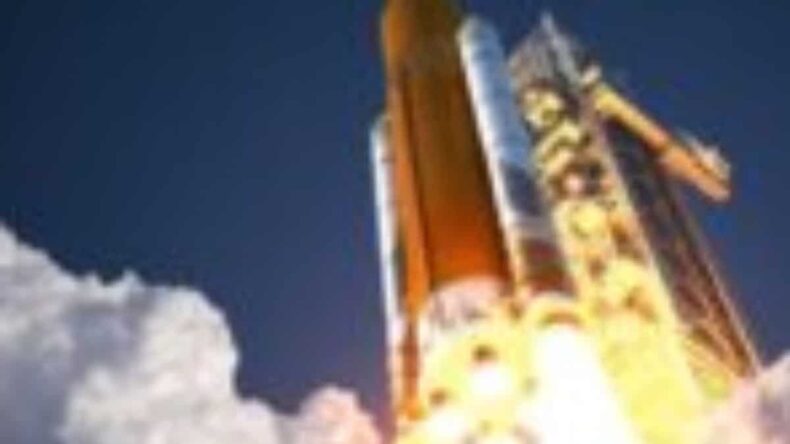India’s nascent private space sector has submitted a proposal for implying a production-linked scheme and tax incentives in the forthcoming Union Budget for the space industry, with the intent of boosting local manufacturing and stimulating research and development. As per the records, India’s space economy was pegged at $9.6 billion in 2020 and is forecast to touch $12.8 billion by 2025.

Image source: India today
“In the 2024-24 Union Budget for the space industry, we have decided to request a space-based production-linked incentive (PLI) scheme for space tech startups to bolster local manufacturing and encourage capability building within the country,” Awais Ahmed, the co-founder, and chief executive officer of Pixxel, a space startup based in Bengaluru, told PTI.
The Pixel company was the first Indian startup to launch the space industry’s first hyperspectral imaging satellite, “Shakuntala,” onboard SpaceX’s rideshare rocket, followed by another similar satellite, “Anand,” using the Indian Space Research Organisation’s (ISRO) PSLV rocket. In addition, the company stated they set to kick start the process of producing a constellation of earth observation satellites soon.

“In the Union Budget 2024-24, we request to issue Rs 100 crore in the form of viability gap funding (VGF) to establish a new infrastructure for the space industry,” Kranthi Chand, the head of strategy and special projects, DhruvaSpace, informed PTI. In addition, Chand requested the government allot Rs 1,000 crore to the Defense Space Agency (DSA) for the procurement of new technology from industry.
“We believe the further allocation initiative would surge thrust towards cutting-edge tech development by reducing the revenue risk to recover costs while providing a financially attractive return for the private sector,” Chand said.
With the above details, another initiative by Hyderabad-based start-up DhruvaSpace launches two satellites onboard the PSLV rocket in November and intends to set up a satellite-manufacturing unit for a range of applications.

The Indian Space Association’s (ISA) Director General, Lieutenant General AK Bhatt (Retd), acknowledged the questions that were submitted by the space industry about tax policies and incentives to promote investment, research and development, and employment in the sector. He adds, “The ISA also expects the government to provide financial support through the medium of loans, grants, and tax incentives to companies and organizations in the space sector for developing the space industry.”
“Since the new space policy is in the final stages of development, the provision of tax exemption for startups should be extended till the time the incumbent policy is released or implemented,” Bhatt said.
Additionally, Mr.Bhatt recommends the government accomplish space technology parks and set up a panel of experts for utilizing the space ecosystem up to the maximum.













